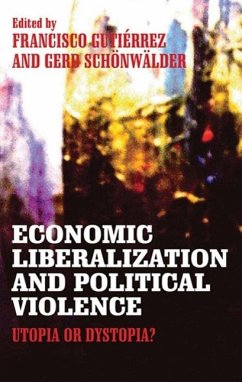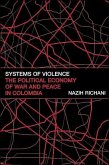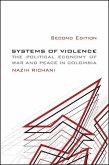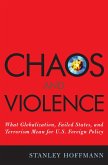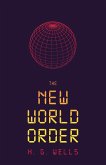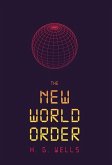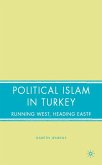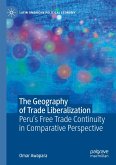Globalization is lauded by some as a tool for spreading peace and prosperity, and decried by others as a harbinger of conflict and war. This book challenges both views. Narrowing down globalization to the more manageable notion of neoliberalism, "Economic Liberalization and Political Violence" studies the effect of neoliberalism on violent conflict and war-making. The sophisticated analysis includes statistical work and a set of qualitative case studies from Latin America (Colombia, Peru, El Salvador, and Guatemala) and sub-Saharan Africa (Cote d'Ivoire, Sudan, and Uganda). The findings demonstrate that the shift to neoliberal policies has produced widely diverging outcomes in different contexts. An invaluable source for students of political economy, development studies and international relations this book shows that neoliberalism can help to end violent conflict as well as bringing about new, criminal forms of violence.

